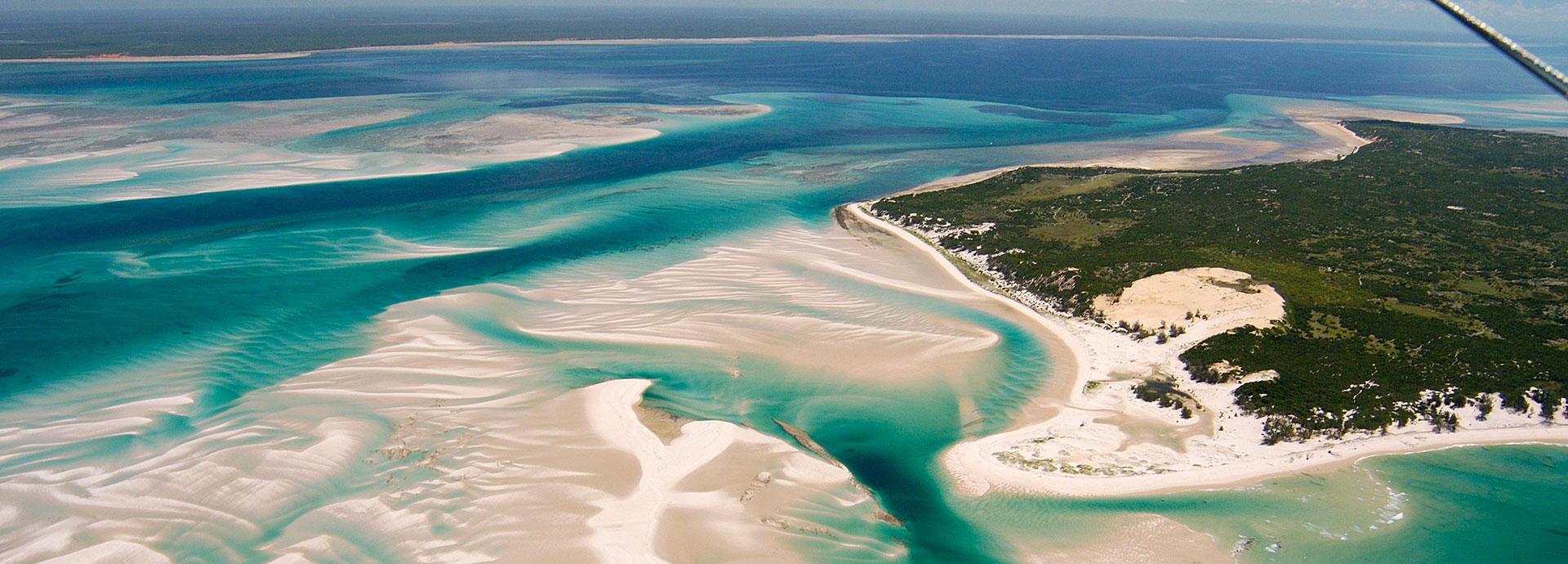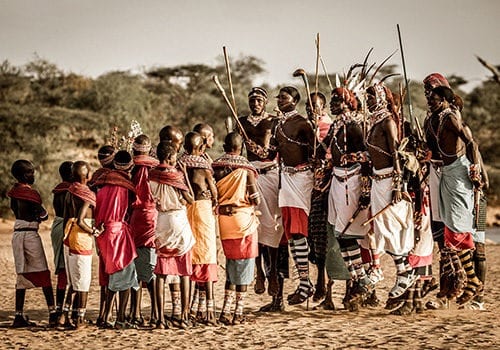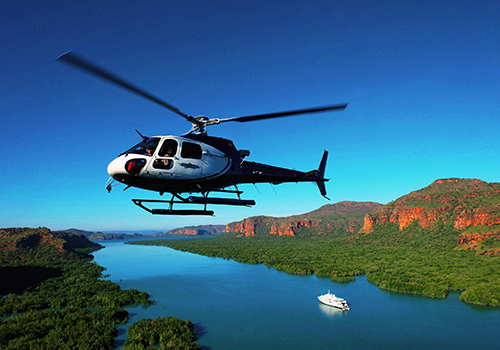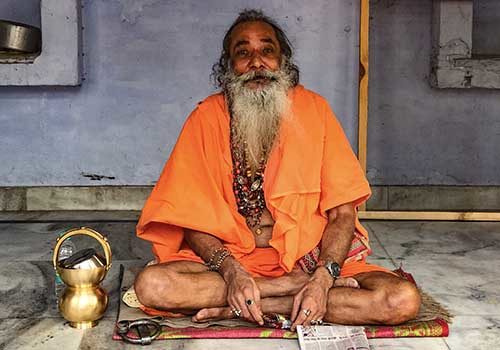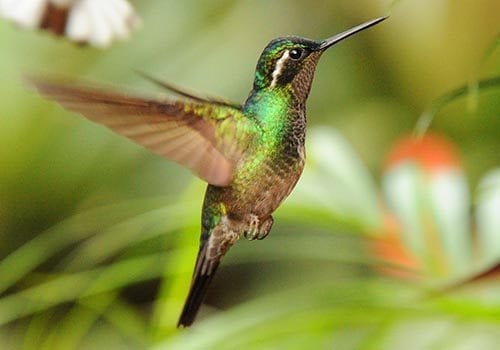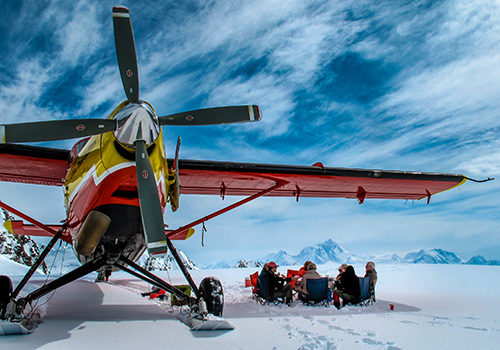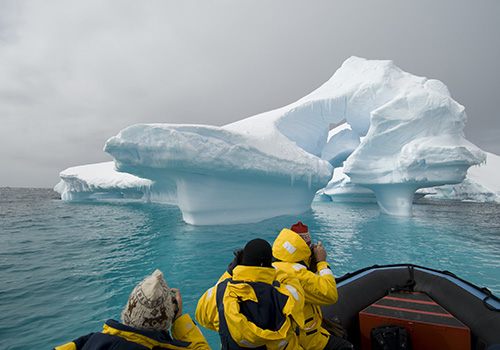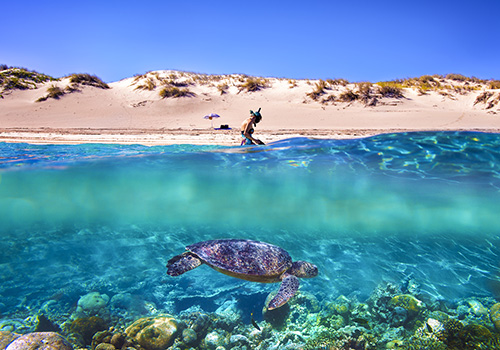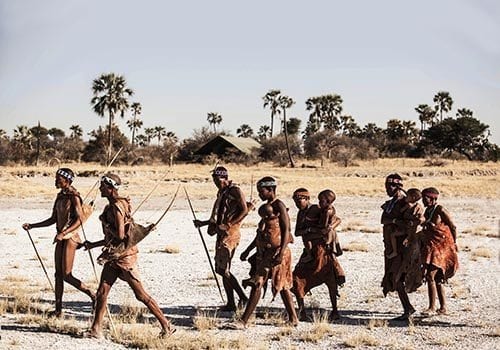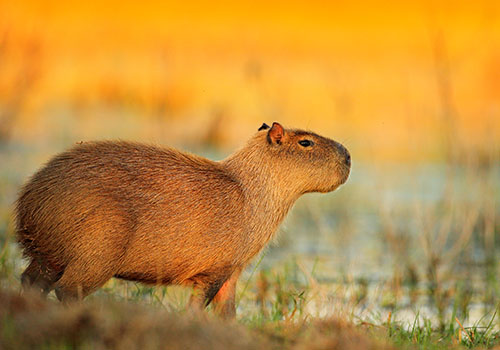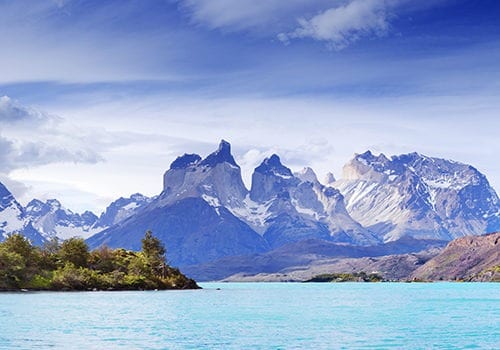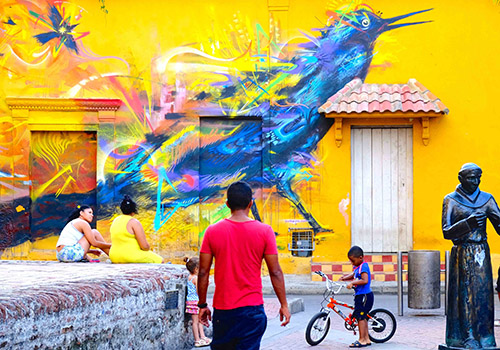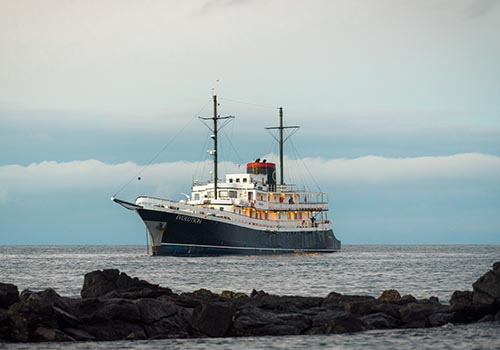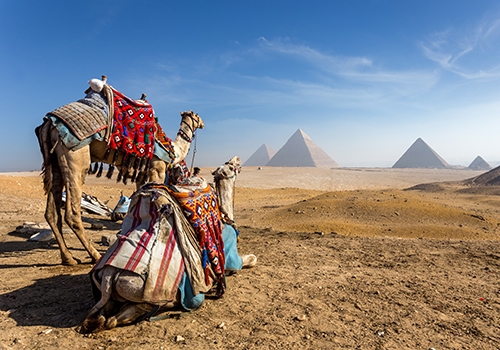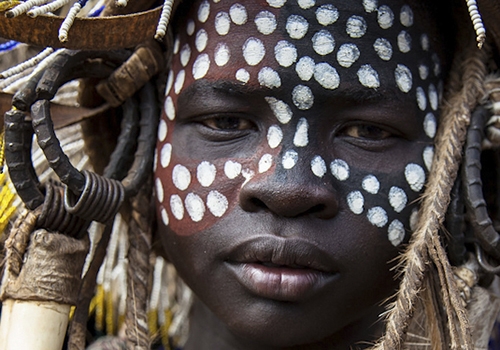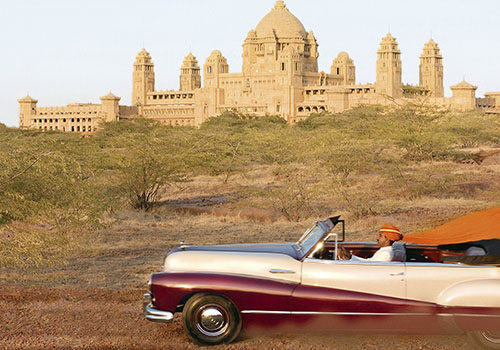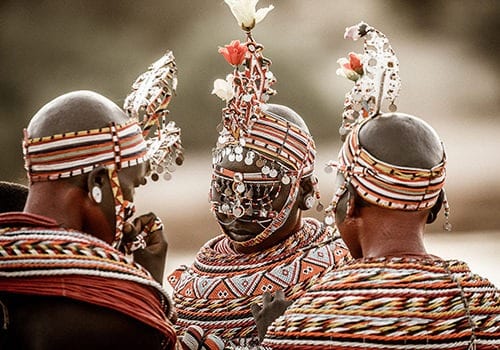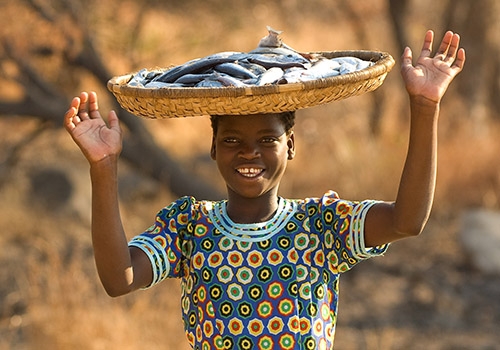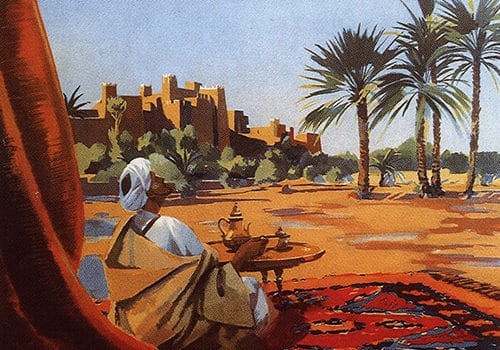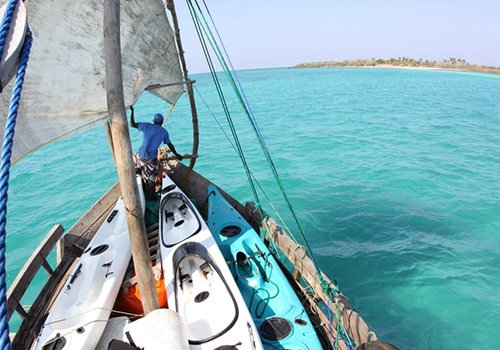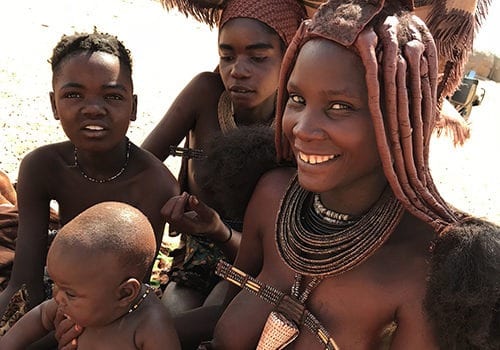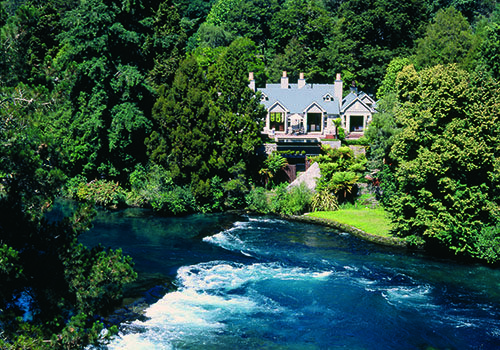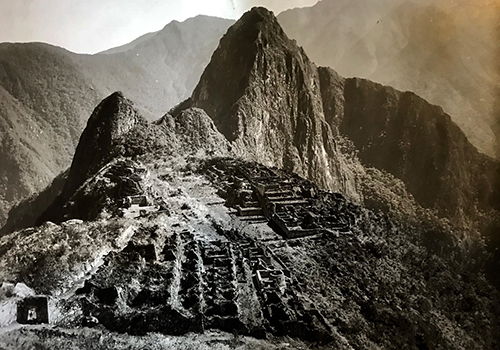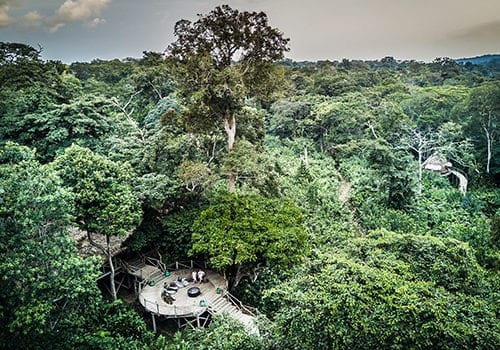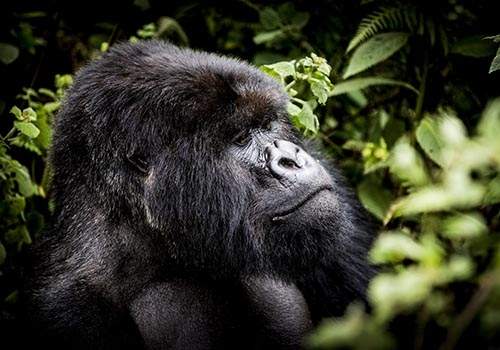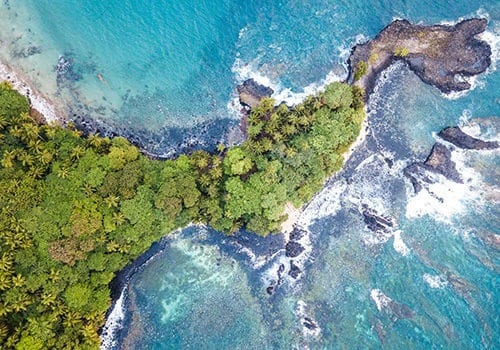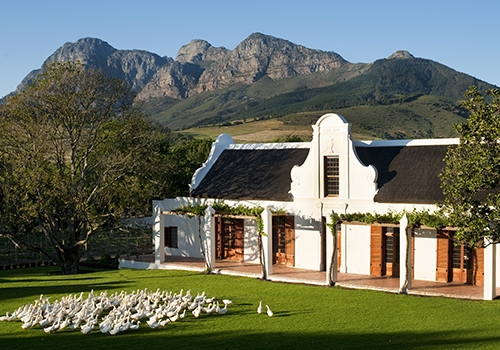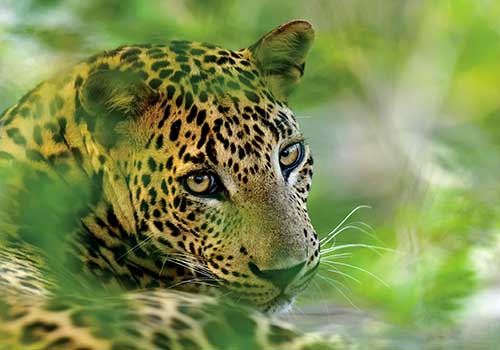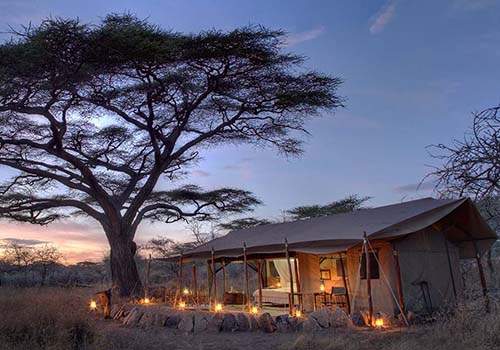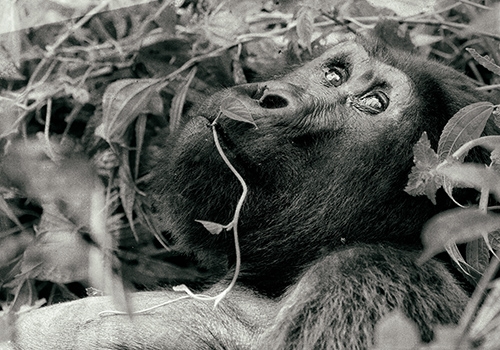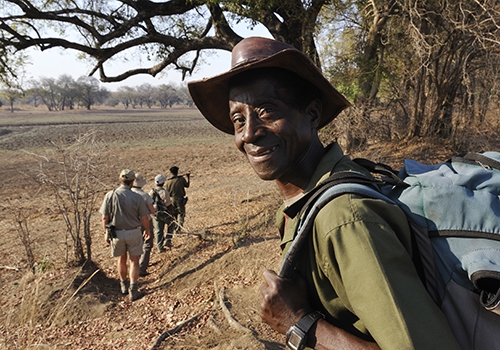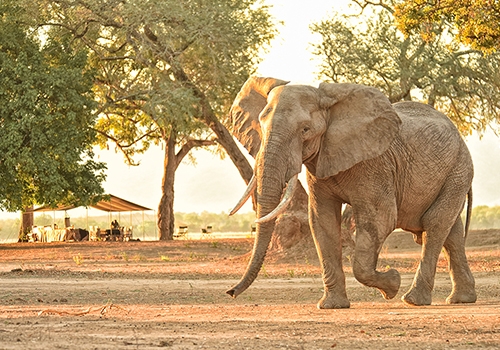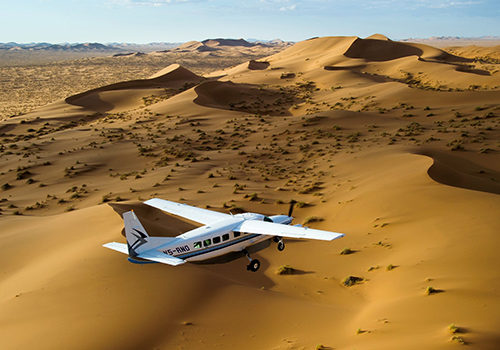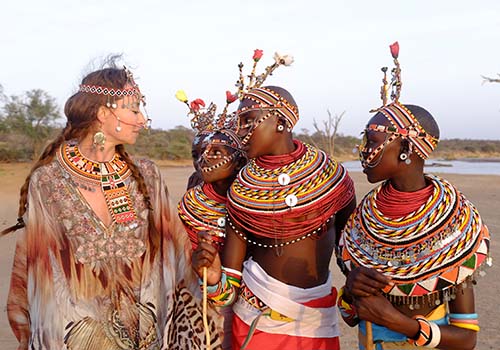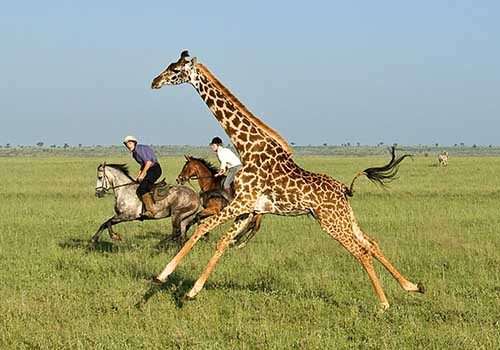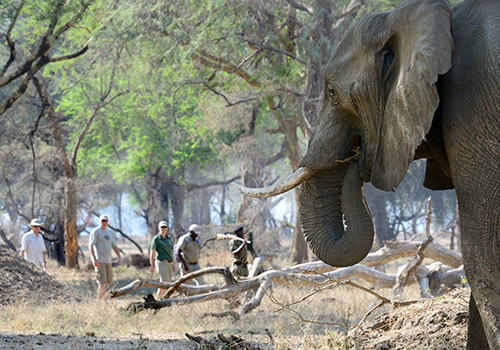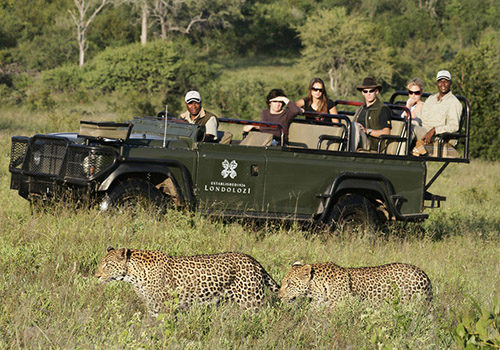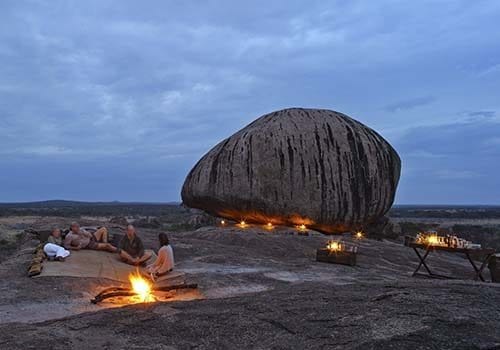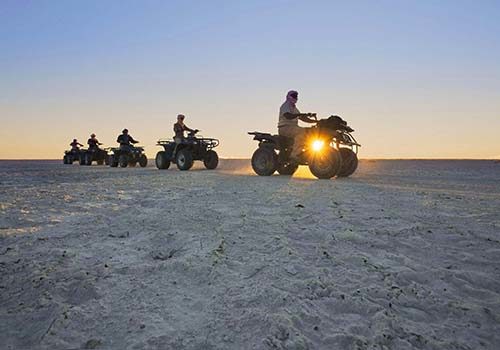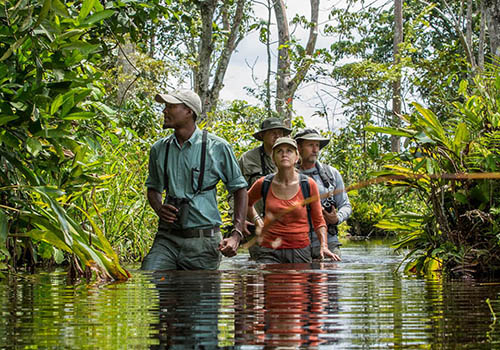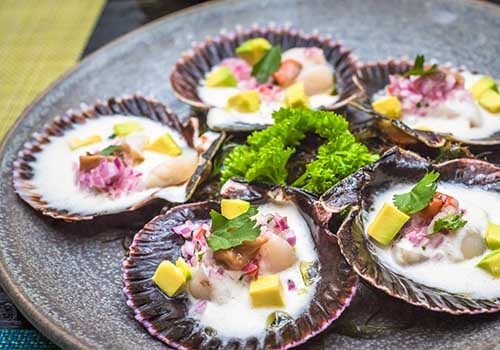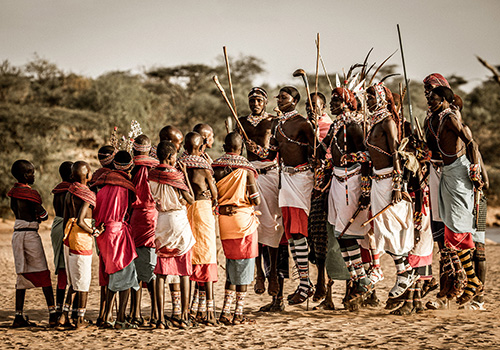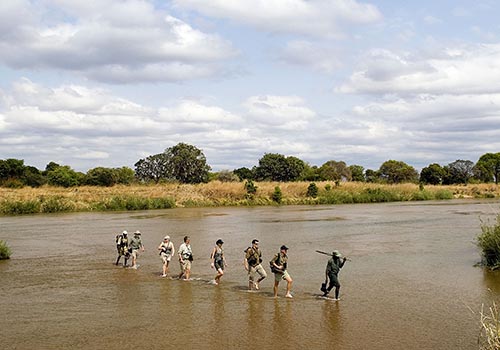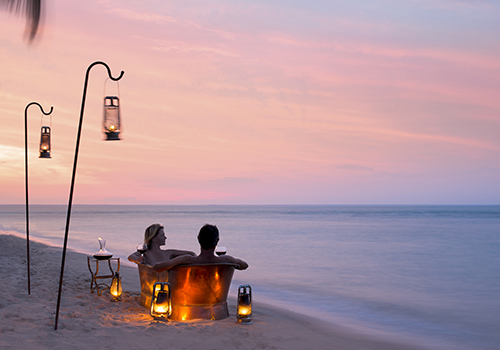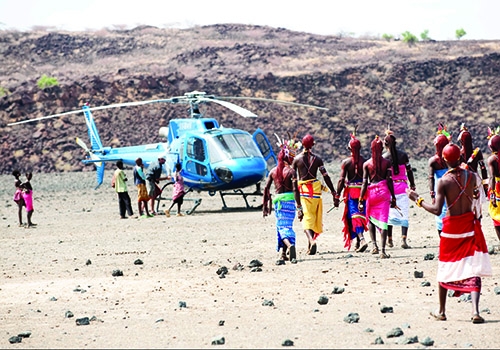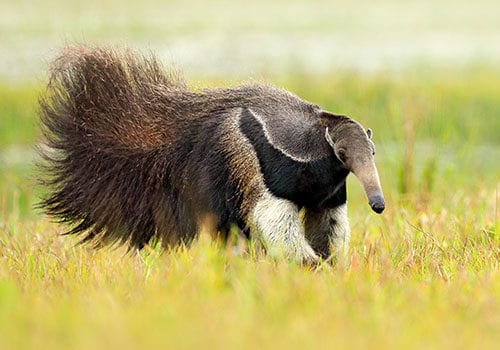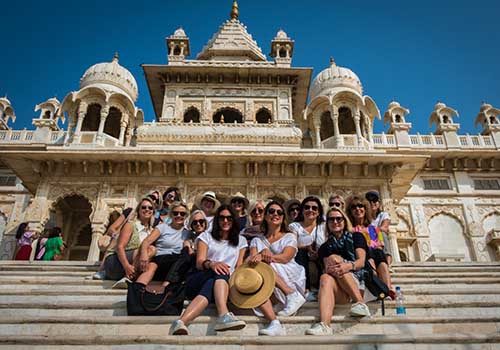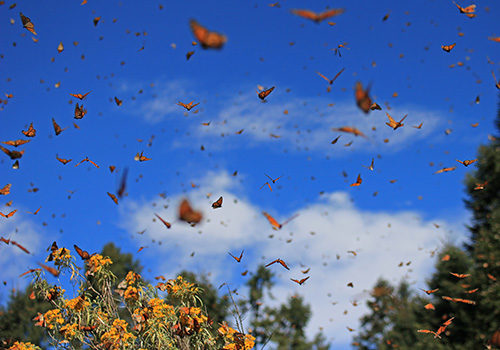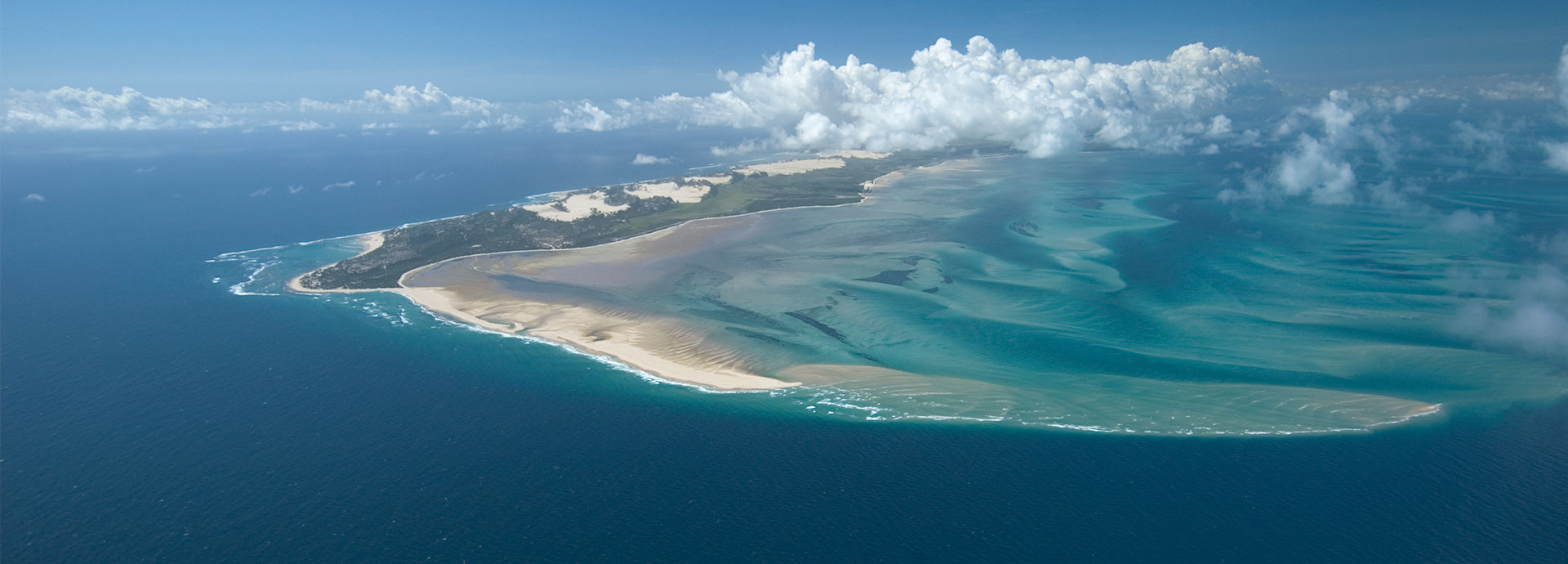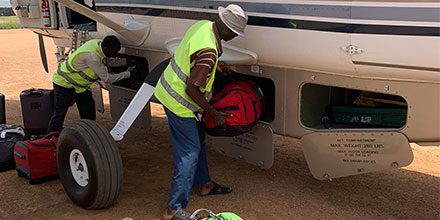
KEY INFORMATION TO PREPARE FOR YOUR JOURNEY
Mozambique, located on the southeastern coast of Africa, offers a diverse and inspiring travel experience. From its pristine beaches in the Bazaruto Archipelago to the vibrant culture of Maputo, and the resilience of its people, Mozambique is a hidden gem with a rich tapestry of natural beauty and human spirit.
This information will assist in preparing for your departure and includes helpful travel hints for when you are there. For detailed pre-departure information for Africa on the whole please refer to our AFRICA pre-departure information.
PLEASE NOTE: All pre-departure information was correct at the time of writing, but should be used as a guide only since requirements can change at short notice and without warning. Consult Smart Traveller or contact the High Commission of the Republic of Mozambique or the appropriate authority prior to departure to confirm all details.
AT A GLANCE
MOZAMBIQUE KEY FACTS
Time: GMT +2 hours | AEST -8 hours
Capital: Maputo
International Airport(s): Maputo International Airport (MPM)
Official languages: Portuguese but English is also widely spoken
Religion: 62% of citizens are Christian, 19% Muslim, and less than 5% are Jewish, Hindu, and Baha’i
Electrical Current: 220V | South African 3 round pin – Type M
Currency: Mozambique Metical (MZN)
Australian Consulate in Maputo: 405 Rua de Tchamba, Somerschield, Maputo | T: (+258) 84 693 3226 | E: australianconsulmoz@gmail.com
Visa: Yes – currently required for Australian & New Zealand passport holders – available online or on arrival – refer to ‘Passport and Visa Requirements‘ for further details.
USEFUL WEBSITES
Smart Traveller – https://www.smartraveller.gov.au/destinations/africa/mozambique
Travel Doctor-TMVC – https://www.traveldoctor.com.au/destinations/mozambique
Embassy of the Republic of Mozambique in Tokyo, Japan – http://embamoc.jp/english/index.html
PUBLIC HOLIDAYS
January 1: New Year’s Day
February 4: Heroes’ Day
April 8: Women’s Day
Friday before Easter: Good Friday
May 1: Workers Day
June 25: Independence Day
September 7: Victory Day
September 25: Revolution Day
October 4: Day of Peace & Reconciliation
December 25: Family Day
*If a public holiday falls on a Sunday the following Monday shall be taken as a public holiday.

PASSPORT & VISA REQUIREMENTS
PASSPORTS
Your passport must be valid for at least six months after your return to Australia and have at least two blank pages for every entry and country you intend to visit on your journey. If your passport does not meet these requirements you must obtain a new one. The Australian Passport Office website is www.passports.gov.au.
It is a wise precaution to carry a photocopy of your passport separately and leave a copy at home. This will aid authorities in processing a new passport should yours get stolen or lost.
If you have dual citizenship and more than one passport, we strongly recommend that you use only one of these during your travels, as in some countries it is considered illegal to have two or more passports. Be sure to use the same passport on entry and exit from a country, and never surrender your passport.
If your passport name is different to your commonly used name, advise us of this and ensure your airline reservations match those of your passport name.
VISAS
Australian and New Zealand passport holders require a Visa to enter Mozambique.
A visa can be obtained on arrival at the airport or online through the official evisa website.
Payment for both options is taken at the border. A single entry tourist visa costs approx. US$100 and is valid for a maximum stay of 30 days.

CLIMATE, WEATHER & SEASONS
CLIMATE
Mozambique has a warm, tropical climate throughout the year. Due to being located in the rain shadow of Madagascar, it receives a relatively low annual rainfall. This gives a great deal of protection from tropical storms and the occasional cyclone which can head their way. The rains mainly fall between December and March. This varies a little between the north and south of the country, with the rains lasting a few weeks longer in the north than the south. Humidity can be uncomfortably high during this period.
By April and May the rains subside, the sun continues to shine and the humidity drops. The improved weather spreads gradually from the south to the north. June to October is then the dry season with often perfect tropical weather: clear skies, plenty of sun and almost no rain. This is the best time for most people to visit Mozambique. The night time temperatures drop in June, July and August but the day time temperature will still be in the high 20s. November is a less predictable month as it depends on whether the rains arrive or not.
| VILANCULOS | JAN | FEB | MAR | APR | MAY | JUN | JUL | AUG | SEP | OCT | NOV | DEC |
|---|---|---|---|---|---|---|---|---|---|---|---|---|
| Temperature (°C) | 23-31 | 23-31 | 22-31 | 20-30 | 17-27 | 15-26 | 15-25 | 16-26 | 18-27 | 21-28 | 22-29 | 23-30 |
| Rainfall (mm) | 150-200 | 150-200 | 50-100 | 0-50 | 0-50 | 0-50 | 0-50 | 0-50 | 0-50 | 0-50 | 50-100 | 100-150 |
| PEMBA | JAN | FEB | MAR | APR | MAY | JUN | JUL | AUG | SEP | OCT | NOV | DEC |
|---|---|---|---|---|---|---|---|---|---|---|---|---|
| Temperature (°C) | 23-31 | 23-32 | 23-32 | 22-31 | 21-31 | 20-29 | 19-28 | 19-30 | 20-30 | 22-31 | 23-31 | 23-32 |
| Rainfall (mm) | 100-200 | 50-100 | 50-100 | 0-50 | 0-50 | 0-50 | 0 | 0 | 0 | 0-50 | 50-100 | 50-100 |

LUGGAGE & PACKING
LUGGAGE
Charter flight companies and some safari operators impose strict luggage restrictions.
The maximum luggage weight specific to your journey is 20 kgs including camera equipment and hand luggage for travel through Mozambique. Your bags must be soft-shelled and malleable and not exceed the maximum dimensions of 62cm x 30cm x 25cm.
If your luggage does not meet the criteria the charter companies will either leave your luggage behind, charge you for an extra seat onboard the aircraft (if one is available) or charter your bags separately at your cost. The charter planes have restricted space onboard, and, above all, the regulations are in place for your safety.
And if you are wondering how to pack everything in and keep it under weight read our blog – How to pack for a safari and keep it under 15kg
For further information on luggage and packing please refer to our AFRICA pre-departure information.
CHARTER FLIGHTS
The luggage storage on many charter flights across Africa looks like this:
The weight limit is a strict safety requirement to ensure the balance and carrying capacity of small aircraft.
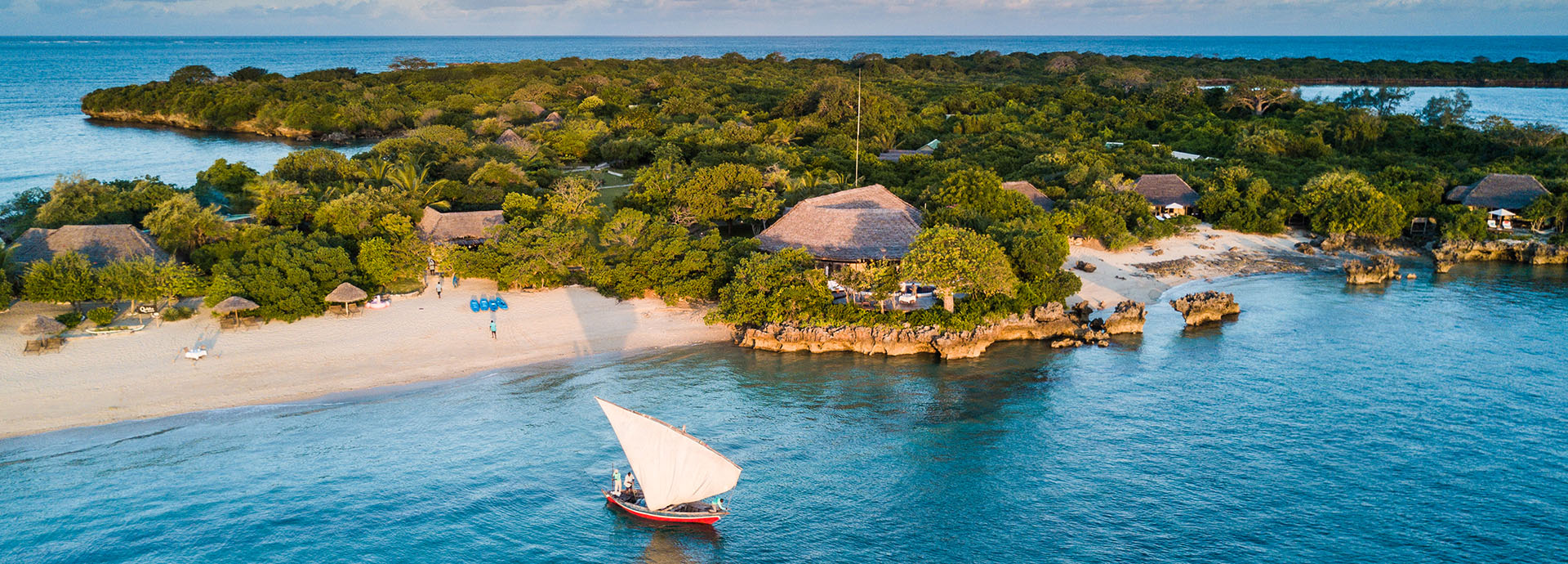
HEALTH & VACCINATIONS
VACCINATIONS
It may be necessary to take medical precaution prior to, and whilst travelling. As we are not qualified to offer advice, we recommend you contact your GP or the Travel Doctor-TMVC who have the most up‐to-date information available. Requirements are highly personal depending on your health profile and the activities in your itinerary. Some vaccinations must be given well in advance of travel, so we suggest seeking medical advice as soon as you start to plan your trip. Be sure to ask what vaccinations or medications may be required to enter Zimbabwe and to re-enter Australia.
You can also refer to SmartTraveller for a guide as to what may be required, however you should always seek professional medical advice before travelling.
For further information on health and vaccinations please refer to our AFRICA pre-departure information.
MONEY MATTERS
CURRENCY AND EXCHANGE
Mozambique’s currency is the Mozambican metical (MZN) which is divided into 100 centavos. Local currency is preferred but credit cards (mainly Visa), USD and ZAR are also usually accepted in hotels and beach lodges.
ATMs are also available in airports and the main towns but not on the islands.
It is best to take a mixture of money – credit card, debit card or travel cash card and cash.
You will need cash, preferably in small denominations, for gratuities (Refer to the ’tipping guide’ in our Africa Pre-Departure booklet for more information). We suggest travelling with US dollars or ZAR in cash and changing some into Mozambican metical at the start of your trip for small purchases.
It is recommended that you DO NOT change money on the black market as you are more likely to receive a lower rate of exchange or fake notes.
TELL YOUR BANK
We highly recommend you advise your bank of your destinations and travel dates. This should prevent any of your transactions being deemed as ‘out of the ordinary’ (and possibly stopped) due to their unexpected location.

POWER, TECH & PHOTOGRAPHY
POWER
There are basically two main voltage systems used around the world: 110 Volt ‐ USA, Canada, Spain & Japan 220 Volt ‐ the rest of the world. In simple terms, the power supply available at the socket is roughly twice as powerful in 240V countries as in 110V countries.
The voltage in Mozambique is 220 Volts, therefore if you wish to use any electronic devices from Canada, the US or Japan you’ll need a voltage converter AND a plug adapter. Australia operates a 220V currency and therefore you only require an adapter for Australian appliances.
The adaptor you will need for Mozambique is a TYPE M or, alternatively you may prefer to invest in an International Travel Adaptor that provides you with more than one option.
Many adaptors also have a USB port so you can plug your smart phone, or I‐product directly into the adaptor.
For the latest & most up to date information about voltage and what adaptors to travel with refer to: www.korjo.com
ADAPTORS
Mozambique uses a 220V electrical current and a type M socket (South African 3 round pin).

